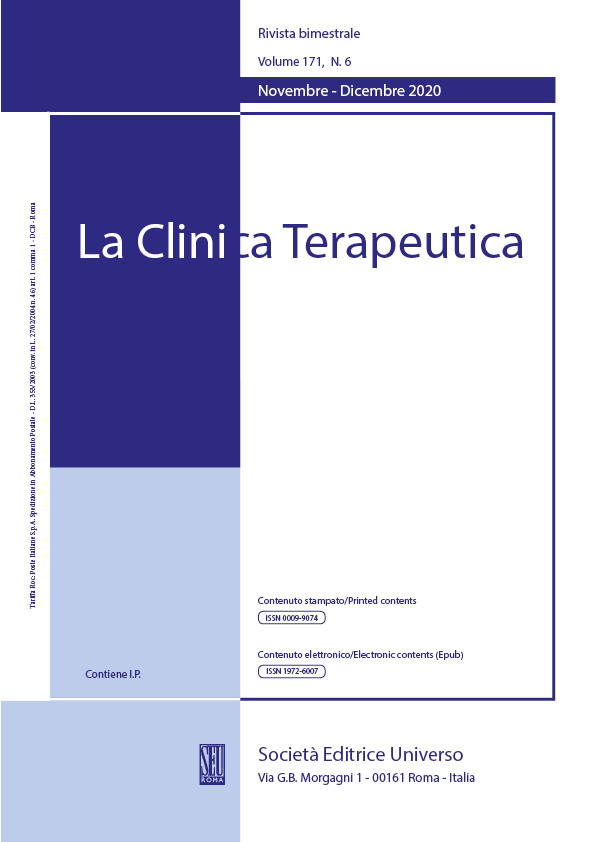Abstract
Introduction
The evaluation of the empathic tendency is particularly useful both in training and in professional practice which there seems to be an empathic drop during clinical practice. Empathy and empathic communication are key components for the nursing profession, widely recognized, constituting the prerequisites for providing quality health care. Many studies show how these components provide healthcare professionals with the ability to improve the health of their patients, as the quality of the relationship with the patient is able to influence the course and outcome of the disease. For some time, the importance of providing students with not only technical but also human and relational skills has been understood in nursing education.
Materials and Methods
The aim of this longitudinal study is to investigate the emotional empathy skills in nursing students in three different moments of their degree course and to examine any empathic differences between the two genders. For the conduction of the empathic trend survey, the Balanced Emotional Empaty Scale (BEES), validated in Italian, was administered to a sample of 210 students, of a degree course in Nursing, of which 75, 2% is composed of the female gender and 24.8% of the male gender. The possible presence of differences in the levels of empathic tendency between male and female students in the various years of the course was investigated.
Results
Data were analyzed for a sample of 210 participants. The average total BEES score was 25.2 (Standard Dev. 19.3). During the second year of the course students obtained a higher BEES score, but a statistically significant difference (p <0.05) was found only between the students of the first and second year and of the first and third year. As the course year increases, the level of emotional empathy seems to increase. The female students achieved a higher score of empathy than their male colleagues over the three years of the course.
Conclusions
It is appropriate to underline the need to continue offering both educational and emotional support to nursing students who, precisely according to what emerged in the study, show greater levels of emotional empathy with the growth of their training path
